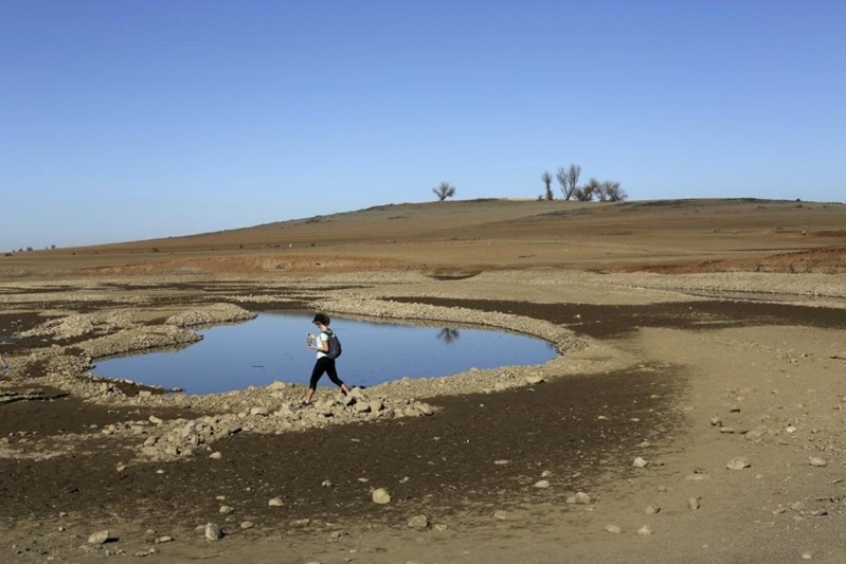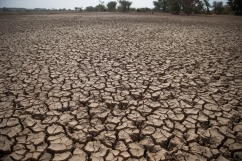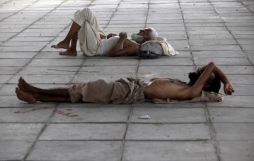
Four continents around the world are currently experiencing historic droughts affecting millions of people, and experts warn that this is the effect of man-made climate change.
Severe dry spells are being felt not only in North America, but also in South America, Asia and Africa.
Peter Gleick, president of the global water think tank Pacific Institute based in Oakland, however, explained that each drought is unique.
"The same drought in California would have very different impacts in other countries," he said.
For instance, a week without rain in tropical Southeast Asia, where typhoons are very common, will not be considered as drought in Africa, where dry spells are almost a way of life.
In California, 97 percent of the population is dealing with some levels of drought, despite the Golden State's state-of-the-art water infrastructure system, considered to be the most massive in the world.
The US Drought Monitor even reported that all of California's 12 water reservoirs are already below average levels.
As a result, most households are experiencing water shortages. This drought will also have a negative impact on wildlife and crops in the area.
In Brazil, meanwhile, 40 million people are feeling the effects of the South American country's worst drought in five decades.
"Brazil is really suffering. It's pushing its infrastructure to the limit," Gleick said.
To make things worse, water in most Brazilian cities is extremely polluted and unusable, according to Charles Iceland of the D.C.-based World Resources Institute.
"In Brazil, wastewater is not treated and just dumped into rivers, which are almost like open sewers," Iceland explained.
In South Africa, meanwhile, the drought is already affecting food supply, with harvest of crops like maize declining.
"There are concerns that there could be significant food supply shortages in coming months," World Food Programme spokesperson Jane Howard said.
Although data is scarce about the dry spell in North Korea, the United Nations has already warned of possible mass starvation in the country.
"The situation is urgent," UN Children's Fund Regional Director Daniel Toole said in a statement.
While these dry spells across continents seem already dire, the UN's Intergovernmental Panel on Climate Change warned that levels of precipitation around the world will continue to decline due to man-made climate change.





















